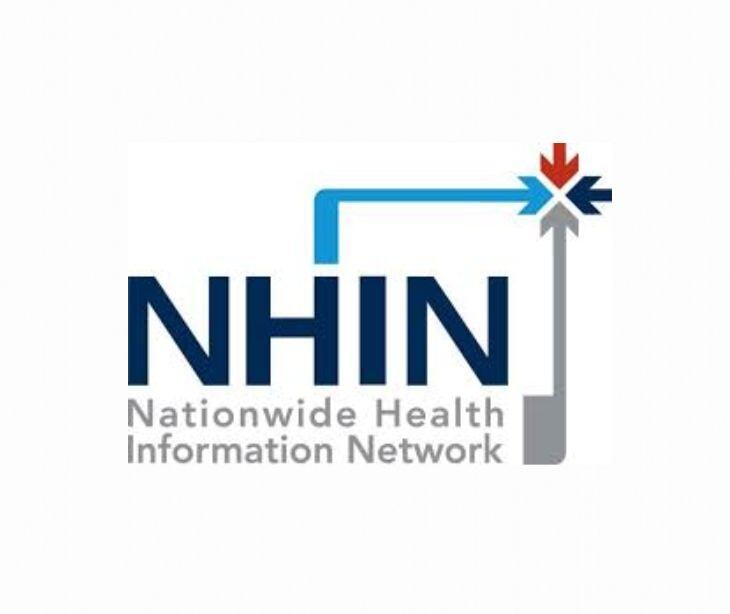
The NPI standard has been instrumental in improving the efficiency and accuracy of healthcare transactions by providing a consistent and unique identifier for healthcare providers. It helps reduce errors, fraud, and administrative burdens associated with healthcare billing and reimbursement processes.
Understanding the National Provider Identifier Standard
The National Provider Identifier (NPI) standard is a unique identification system established under HIPAA. Its primary purpose is to assign a distinct 10-digit number to covered entities, including both individual practitioners and healthcare organizations. This standardized identifier streamlines electronic healthcare transactions, such as billing and claims processing, by ensuring that each provider is easily identifiable across the healthcare system.
See also: What are the 18 PHI identifiers?
Types of NPI
The NPI has two main types, NPI-1 and NPI-2, which are used to uniquely identify healthcare providers in the United States. These two types serve different purposes and are assigned based on the provider's characteristics.
NPI-1 (Type 1 NPI)
NPI-1 is the individual NPI. It is assigned to healthcare providers who are individual practitioners, such as physicians, dentists, psychologists, nurses, and other sole practitioners. Each individual provider receives a unique 10-digit NPI that remains constant throughout their career, regardless of changes in practice location or employment status.
NPI-2 (Type 2 NPI)
NPI-2 is the organization NPI. It is assigned to healthcare organizations, such as hospitals, clinics, group practices, nursing homes, and other healthcare facilities. This type of NPI is used for billing on behalf of the organization and represents the entity as a whole.
What is enumeration, and how do you apply for it?
Enumeration is the process by which healthcare providers apply for and obtain their National Provider Identifier (NPI). The Centers for Medicare & Medicaid Services (CMS) manages the National Plan and Provider Enumeration System (NPPES), where healthcare providers submit their applications to receive their unique NPI.
Healthcare providers can apply for NPI enumeration by following these steps:
- Access the NPPES: Providers can visit the NPPES website to begin the application process.
- Choose NPI type: Providers must select the appropriate NPI type based on their role, whether individual practitioners (NPI-1) or organizations (NPI-2).
- Complete the application: The application will require providers to provide information about themselves or their organization, such as name, address, contact details, specialty (if applicable), and other relevant data.
- Submit the application: Once all required information is provided, the provider can submit the application through the NPPES portal.
- Await NPI assignment: After the application is processed, the NPPES will assign a unique 10-digit NPI to the healthcare provider or organization. This NPI will remain the same throughout their practice or operation.
See also: Can healthcare providers disclose PHI to family members without patient consent?
Who can access NPI records?
The National Provider Identifier (NPI) records are publicly accessible through the National Plan and Provider Enumeration System (NPPES) NPI Registry. This means anyone can search for and access NPI information for healthcare providers, including individual practitioners and healthcare organizations.
Note that while NPI records are publicly accessible, the information available through the NPPES NPI Registry is limited to the details required for identification purposes. Protected health information (PHI) and other sensitive data are not included in the publicly accessible NPI records to ensure patient privacy and compliance with HIPAA regulations.
See also: Can patients opt out of text messages containing PHI?
Subscribe to Paubox Weekly
Every Friday we bring you the most important news from Paubox. Our aim is to make you smarter, faster.




